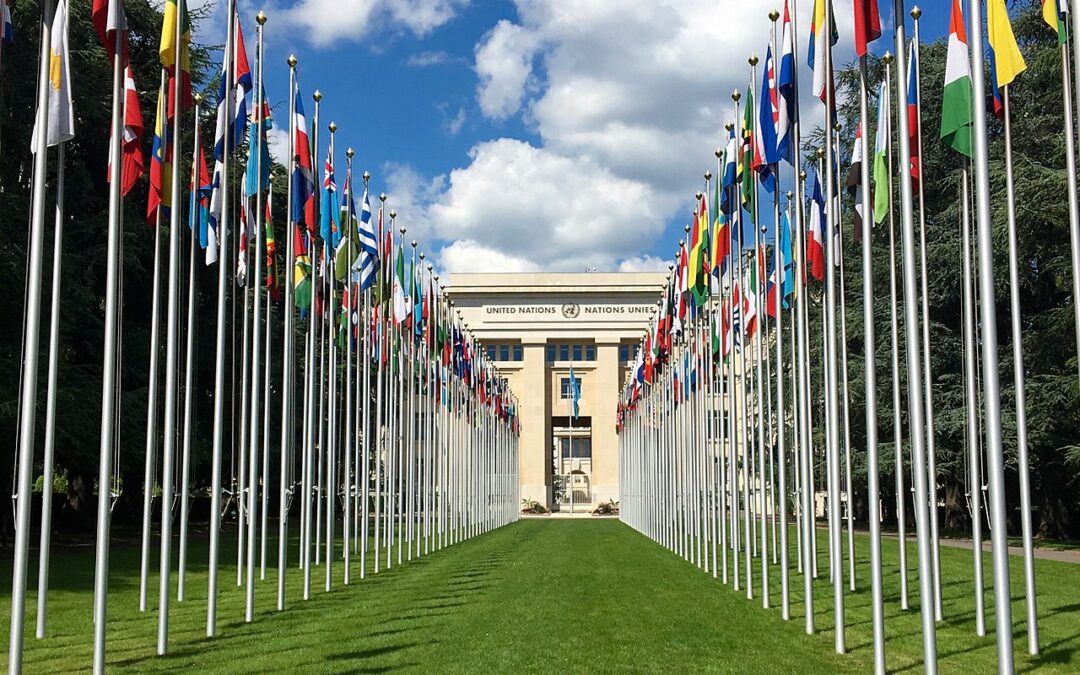
Dec 21, 2018 | Multimedia items, News, Video clips
The ICJ invited a number of women lawyers to Geneva to participate in a training workshop and gain practical experience of UN human rights mechanisms as part of a project supported by the German Mission to the United Nations in Geneva.
One group of women came to Geneva in June during the 38th session of the UN Human Rights Council and 70th session of the Committee on the Elimination of Discrimination against Women, and the other group came in September to coincide with the 39th session of the Human Rights Council.
During the week long training workshops participants learned about the international human rights mechanisms available to tackle issues of women’s access to justice and gained hands-on exposure to the operation of these mechanisms in practice.
Participants spoke about the impact that the CEDAW Convention has had in their domestic legislation.
Donia Allani a lawyer and lecturer at the Faculty of Legal, Political and Social Sciences of Tunis, discussed the impact of CEDAW in shaping legislation in Tunis to eliminate violence against women and facilitate access to justice but noted that women still faced stigmatization.
Donia Allani commented, however, that UN mechanisms could be improved to ensure that all activists and feminists can access these mechanisms without fear of reprisals.
Uzbek lawyer Sabina Saparova, also spoke of the impact that international law and standards can have domestically. She explained that Uzbekistan’s ratification of the CEDAW Convention provided an international commitment to incorporating equality between men and women into its legal structure. Recently the president of Uzbekistan initiated the first steps toward the adoption of a law on the prevention of domestic violence.
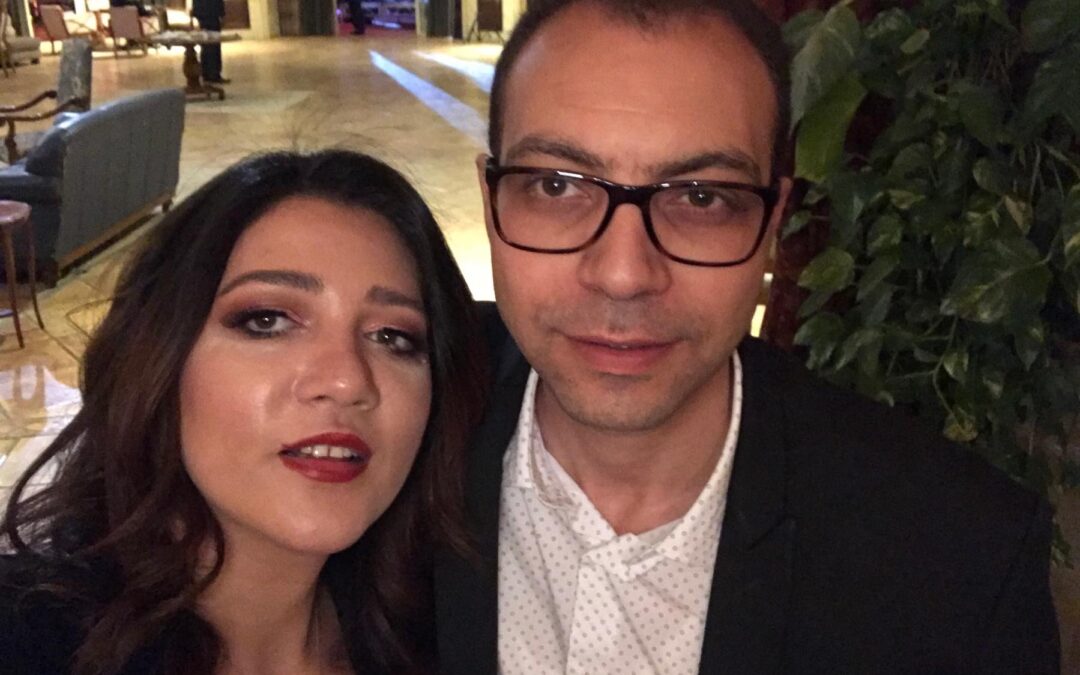
Dec 20, 2018 | News
Today the ICJ called for appropriate measures to ensure justice in the case of Amal Fathy, an Egyptian human rights defender who was sentenced to two years’ imprisonment following her conviction for criticizing the Egyptian authorities’ inadequate response to rampant sexual harassment on social media.
On 30 December, Cairo’s Misdemeanor Court of Appeal will decide on Amal Fathy’s appeal against the conviction. The ICJ stresses that Fathy’s conviction and her prolonged arbitrary detention violate her rights to freedom of expression and to liberty protected under Egyptian and international law.
On 29 September 2018, the Maadi Misdemeanor Court convicted Fathy of “broadcasting false information harmful to national security;” “publishing online material that insults public decency;” and the public “use of foul language.” The charges were in reaction to her posting a video on Facebook criticizing the Egyptian authorities for failing to protect women against sexual harassment and for the poor quality of public services.
The Court sentenced Amal Fathy to two years’ imprisonment for the first two charges and fined her 10,000 Egyptian Pounds (US$558) for the latter, and set bail at 20,000 Egyptian Pounds (US$1115) pending her appeal.
Amal Fathy is said to be suffering from acute stress and depression as a result of her detention.
“Amal Fathy was charged and convicted for exercising her human right to freely express herself, which she exercised by calling on the Egyptian authorities to meet their obligation to protect the population from gender-based violence and commenting on the effectiveness of the services they provide. This is hardly a threat to national security or insult to public decency,” said Said Benarbia, Director of ICJ’s Middle East and North Africa Programme. “We hope the Court will recognize the charges are completely without legitimacy.”
Amal Fathy was detained from the time of her arrest on 11 May 2018 and following her conviction, despite posting bail. Her ongoing detention was based on charges issued by the Supreme State Security Prosecution on 12 May 2018 in a second case (Case No. 621/2018), including “membership in a terrorist organization,” “the use of the internet to promote ideas and beliefs calling for terrorist acts” and “spreading false news and rumors that damage public order and harm national interest.” There are at least six other defendants in the case, including two political activists, a journalist and a satirical comedy TV reporter. It is unclear whether she was charged under the Penal Code or Anti-Terrorism Law of 2015. On 18 December 2018, the South Cairo Court of Felonies ordered her conditional release and she is expected to be released on 22 December 2018.
“The Egyptian authorities have increasingly used pre-trial detention to harass human rights defenders or anyone who opposes the authorities and to chill them from further exercising their rights,” said Said Benarbia. “Case 621 is a concrete example, where trumped up charges are used as a tool to such ends.”
Amal Fathy’s arbitrary arrest and detention is no isolated case. In September, UN experts condemned Egypt’s systematic targeting and prolonged arbitrary detention of human rights defenders, expressing particular concern over Amal Fathy’s case. Local and international organizations, including the ICJ, have also documented and criticized the persecution of human rights defenders and political activists in Egypt through the use of the courts. The ICJ has documented how the Egyptian justice system is consistently used as a repressive tool to silence and eradicate political expression and human rights work.
Contact:
Said Benarbia, Director of the ICJ Middle East and North Africa Programme, t: +41-22-979-3817; e: said.benarbia(a)icj.org
Background:
Amal Fathy was arrested at dawn on 11 May 2018, along with her husband Mohamed Lotfy, Director of the Egyptian Commission for Rights and Freedoms, a human rights non-government organization. They were taken together with their three-year-old son to the Maadi Police Station. Lofty was released shortly after with their son and Fathy remained in detention until 18 December 2018. Fathy was charged under Articles 102bis, 178 and 306 of the Egyptian Penal Code (Case No. 7991/2018).
In the second case, which is still at the investigation stage, reports indicate the South Cairo Court of Felonies requires Amal Fathy to visit a police station for one hour each week and remain at her home unless she requires medical treatment as conditions of her release. Her next appearance is on 26 December 2018.
During the investigation of felonies related to national security, under Articles 143 and 206bis of the Egyptian Criminal Procedure Code, the Prosecutor can hold defendants in pretrial detention for up to five months (10 times 15-day renewals) before they must be referred to the competent criminal court for trial. Under Article 143, once the case is referred to the competent court, a defendant’s pre-trial detention can be extended each 45 days for up to 18 months, or “not exceeding two years if the penalty prescribed for the felony is life imprisonment or the death penalty.” Article 143 goes on to provide that “in cases of felonies punishable with the death penalty or life imprisonment, the Court of Cassation and the Court of Referral may order that the accused be held in custody for a renewable forty-five days, without the [above] time restriction.” This leaves the possibility for defendants to be detained indefinitely, which is open to abuse. In a mass trial of 739 defendants, all 320 arrested, including photo journalist Mahmoud Abu Zeid, remained in pre-trial detention for more than five years, before a verdict was handed down in September this year.
Article 9 of the International Convention on Civil and Political Rights (ICCPR), to which Egypt is a party, protects freedom from arbitrary arrest and detention and imposes an obligation on States to ensure a number of protections, including the right to be brought promptly before a judge and the right to habeas corpus. Article 19 of the ICCPR protects the right to freedom of expression. The United Nations Declaration on Human Rights Defenders similarly protects such rights exercised by human rights defenders and enjoins States to protect them from violence, threats, retaliation, de facto or de jure adverse discrimination, pressure or any other arbitrary action for the lawful exercise of such rights.
Arabic language version of this statement in PDF format: NEWS-PR-EGYPT-AMALFATHY-AR-2018
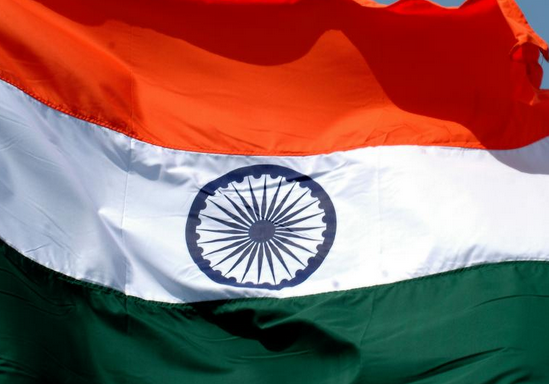
Dec 19, 2018 | News
The Transgender Persons (Protection of Rights) Bill, 2018 fails to protect the human rights of transgender people as guaranteed under the Indian constitution and international law and standards and must not be passed in its present form by the Rajya Sabha.
The Bill was passed by the Lok Sabha (Lower House of Indian Parliament) on 17 December, 2018. The next step in order for the Bill to progress is for the Rajya Sabha (Upper House of Indian Parliament) to pass it.
The ICJ considers this Bill to be a missed opportunity to address the serious problem of discrimination against transgender people in India. The ICJ calls for the rejection of its problematic parts by the Rajya Sabha and for the elaboration of a revised Bill in line with rights upheld by the Indian Supreme Court and India’s obligations under international law.
The 2018 Bill, if adopted, would effectively deny to most transgender people their right to self-identification, by providing an overly complex bureaucratic procedure requiring an individual’s application for a transgender certificate to be approved by two different sets of authorities, despite earlier widespread condemnation of this process by the transgender community.
“As the ICJ reported in 2017, the transgender community is continually harassed, stigmatized, and abused by the police, judges, their family and society. This Bill, if it becomes law would further serve to facilitate and compound human rights violations against people from a marginalized community”, said Ian Seiderman, Legal and Policy Director at the ICJ.
The Bill has also introduced mandatory sex reassignment surgery for those transgender people who seek to identify their gender within the binary (male/female) framework. This requirement would be in contravention of the Supreme Court’s judgment in NALSA v. UOI, which guarantees the right to self-identification without the need for medical intervention.
Further, the Bill would collapse all offences against transgender people into one provision which includes offences ranging from “sexual abuse” and “physical abuse”, to “compel[ing] or entice[ing] a transgender person to indulge in the act of begging” among others. These crimes have not been defined in the Bill.
It also would provide for the same six-month to two-year sentence for all offences against transgender people. In some cases, this could be a significantly lighter sentence than when the same crime is committed against others, including discriminated groups such as cis-gendered women, under the general criminal law. In addition, the identification of “beggary” as an offence under the Bill is problematic since for many transgender people in the country, it remains one of the limited livelihood opportunities.
Further, the Bill does not address the question of reservations in employment and education despite specific directions by the Supreme Court in NALSA v. UOI.
Lastly, while the proposed law guarantees the right to non-discrimination to transgender people against persons, state and private sector bodies, it does not provide a definition of discrimination, nor does it provide an enforcement mechanism for ensuring transgender people’s right to non-discrimination.
The ICJ calls on the Rajya Sabha to substantially revise the problematic provisions of the Bill before resubmitting it for parliamentary consideration.
Background
The provisions identified above do not accord with protection of the rights of transgender people to equality, non-discrimination, equal protection of the law, enshrined in the Constitution and international law, including the International Covenant on Civil and Political Rights, which India ratified in 1979. Further, they are incompatible with international standards such as the Yogyakarta Principles on the application of international human rights law in relation to sexual orientation and gender identity.
The ICJ, as part of SAATHII Vistaara Coalition, earlier this year drafted a Briefing Paper on India: Legal and Jurisprudential Developments on Transgender Rights, SAATHII Vistaara Coalition. The paper analyses in detail the domestic judicial developments on transgender rights as well as the legislative process undertaken until the Transgender Persons (Protection of Rights) Bill, 2018 was passed on 17 December 2018.
Additional Reading Material
- ICJ Briefing Paper on The Transgender Persons (Protection of Rights) Bill, 2016, analyzes the 2016 Bill, its shortcomings, and India’s international obligations, as it is the basis of the 2018 Bill.
- ICJ Briefing Paper on Implementation of NALSA Judgment discusses the 2014 April NALSA decision that affirmed that transgender people have the right to decide their self-identified gender. The paper analyses the responsibilities placed on Indian authorities, gaps in implementation, and India’s relevant international law obligations.
Contact
Maitreyi Gupta (Delhi), ICJ International Legal Advisor for India
e: maitreyi.gupta(a)icj.org, t: +91 7756028369
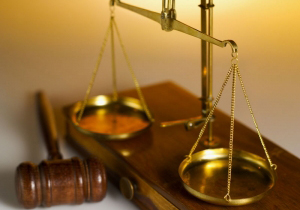
Dec 18, 2018 | Multimedia items, News, Video clips
Lawyers from a diverse range of countries, including Egypt, Lebanon, Nepal, the Philippines, Tunisia and Uzbekistan have identified the many barriers that women typically face in accessing justice in their countries.
Common trends and practices identified included socio-economic marginalization, gender stereotypes and patriarchal attitudes.
The observations came during two training workshops held in Geneva in June and September to coincide with sessions of the UN Human Right Council and UN Committee on the Elimination of Discrimination against Women. The workshops were part of a project on enhancing women’s access to justice through UN human rights mechanisms, supported by the Permanent Mission of the Federal Republic of Germany to the UN in Geneva.
A lawyer from Uzbekistan noted that domestic violence flourishes in states where common attitudes hold that this is an internal matter to be resolved within families.
A particular concern raised in respect of Lebanon was discrimination linked to transference of nationality, where Lebanese women married to a foreigner cannot pass their nationality to their children but Lebanese men married to a foreigner can.
Meera Maharjan, lawyer from Nepal, noted the cultural, educational and economic barriers that impede women from being able to take on decision-making roles and the impact this has on the exercise of their rights.
Malaysian lawyer Yvonne Lim explained that the women who are often in need of access to justice tend to be from the lower rungs of the socio-economic strata and lack the resources, support and basic awareness about their human rights and the remedies that may be available to them.
During the September training session the ICJ organized a side event to the 39th session of the Human Rights Council on ‘applying a women-centred approach to access to justice’ to further explore these issues.
Secretary-General Saman Zia-Zarifi moderated the event and panelists included:
• ICJ Commissioner Justice Sanji Monageng, former Vice-President of the International Criminal Court
• Lisa Gormley, Research Officer for the Centre for Women, Peace and Security at the London School of Economics
• Meera Maharjan, Nepalese lawyer and legal officer for Resilience for Sustainable Women Empowerment (RISE)
You can watch a recording of the event, and interviews with two of the workshop participants below.
https://www.facebook.com/ridhglobal/videos/565112000574216/UzpfSTQ3MTQ2NzA4NjIyMTM3MzoyMjEyNTUzNjc1NDQ2MDMw/
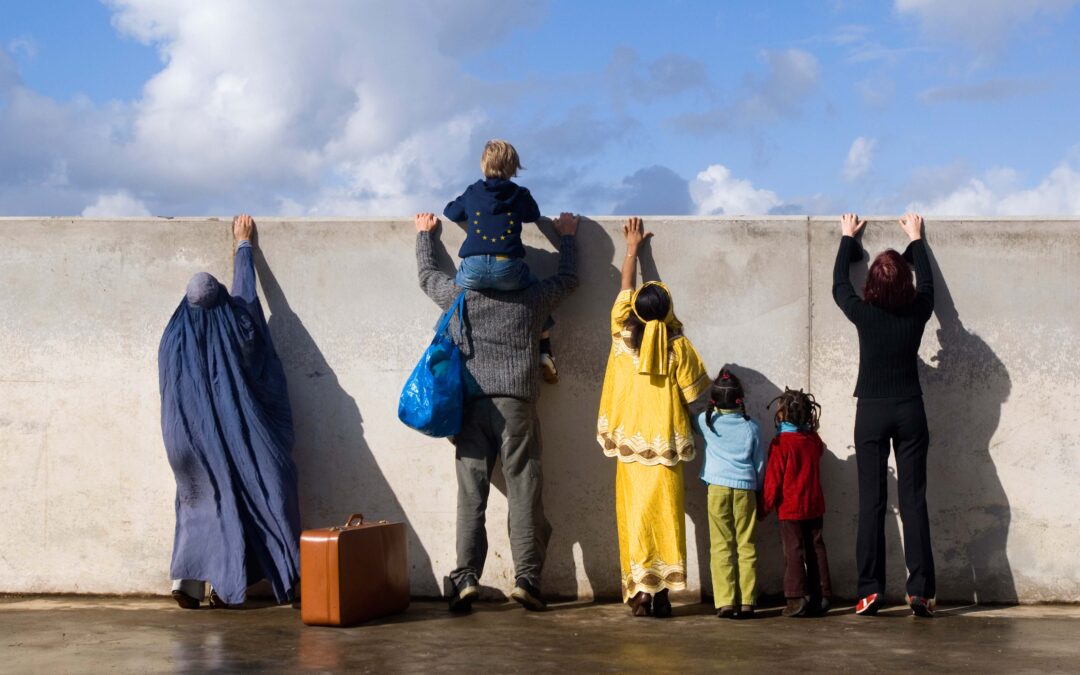
Dec 16, 2018 | Agendas, Events
Today begins in Ankara (Turkey) a two-day international workshop for lawyers and CSO practitioners representing and working with migrants, refugees and asylum-seekers.
This event is organized by ICJ, in cooperation with its partners Refugee Rights Turkey, the European Council on Refugees and Exiles (ECRE), Mülteci-Der (MD) and ICJ-EI, as part of the EU co-financed project Fostering Access to Rights for Migrants, Refugees and Asylum-Seekers in Turkey.
Lawyers and civil society practitioners – representing numerous bar associations and relevant organisations from the Istanbul area and other nearby key migration and asylum locations – are taking part in the workshop that takes place on 16-17 December.
The international conference on “Legal avenues and the role of lawyers in protecting migrant and refugee rights” includes a section on strategic litigation on asylum and migration law and European experiences.
In the second part of the conference, a final workshop is held on 17 December to discuss efforts to support expertise and effectiveness of Turkish lawyers on asylum and immigration law. This workshop will bring together key stakeholders and interlocutors to strategize about the remaining gaps and needs and the next steps in this field.
During this workshop, the organisers will present their project and its results.
The project “Fostering Access to Rights for Migrants, Refugees and Asylum-Seekers in Turkey” is funded by the European Instrument for Democracy and Human Rights (EIDHR) of the European Union.
Turkey-Workshop-Agenda-MigrationAsylumIHRL-Ankara2-2018-eng (download the agenda in English)
Turkey-Workshop-Agenda-MigrationAsylumIHRL-Ankara2-2018-tur (download the agenda in Turkish)









